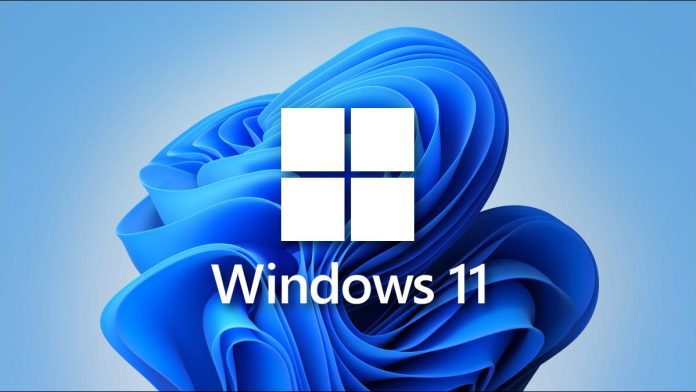Windows 11 is currently available for download in stages and may be installed on supported systems. As per Microsoft, Windows 11 is a free upgrade for Windows 10 devices, though unsupported hardware may be ineligible for future periodic updates.
Despite being warned, most Windows 10 devices should be able to use Windows 11 without difficulty. That’s because Windows 11 is effectively a rebranded version of Windows 10, with a focus on design enhancements. Microsoft, on the other hand, is imposing high hardware requirements in order to provide the greatest possible security experience.
Microsoft emphasized the significance of Windows 11’s security measures. According to Microsoft, Windows 11 was built with a heavy focus on security. TPM 2.0, Secure Boot, Virtualization-based Security (VBS), and other components are required. These security features, which are common in contemporary devices, have resulted in high system requirements.
Officials went on to say that with Windows 11, they aim to set a standard for PC security, and that previous systems will not be supported since they lack all of these security measures. TPM as well as Secure Boot are already part of Windows 10, but they are now being used to ensure that Windows 11 customers have a secure experience.
If you are unfamiliar with TPMs, they are physical or virtual devices that secure encryption keys, user credentials, and other sensitive data.
“With Windows 11, we’re requiring TPM 2.0 on all new installations as a standard.” According to Microsoft, “the majority of PCs have been developed in the last five years.” “If a machine is corrupted, we can assist you in minimising the harm.” Because Secure Boot and Trusted Boot use both the necessary UEFI and TPM hardware, Windows 11 will prevent these types of threats right out of the box. Rootkits or bootkits that seek to manipulate your early boot files are prevented by Secure Boot and Trusted Boot, according to the company.
Microsoft tested outdated technology for compatibility with security measures like TPM before establishing tight criteria. Microsoft came to the conclusion that running Windows 11 on upgraded or compatible systems is critical.
Windows 11 and Performance Parameters
Microsoft has also undertaken a series of tests on outdated hardware to see whether there are any performance difficulties with Windows 11 on older processors. According to Microsoft’s research, older devices will have performance concerns, and consumers will encounter frequent app crashes.
PCs that do not satisfy the standards can experience 52 percent more blue screens than those that do. Blue screen issues have been decreased on newer devices by employing contemporary driver update control and OEM-issued drivers, which are not available on earlier devices.












